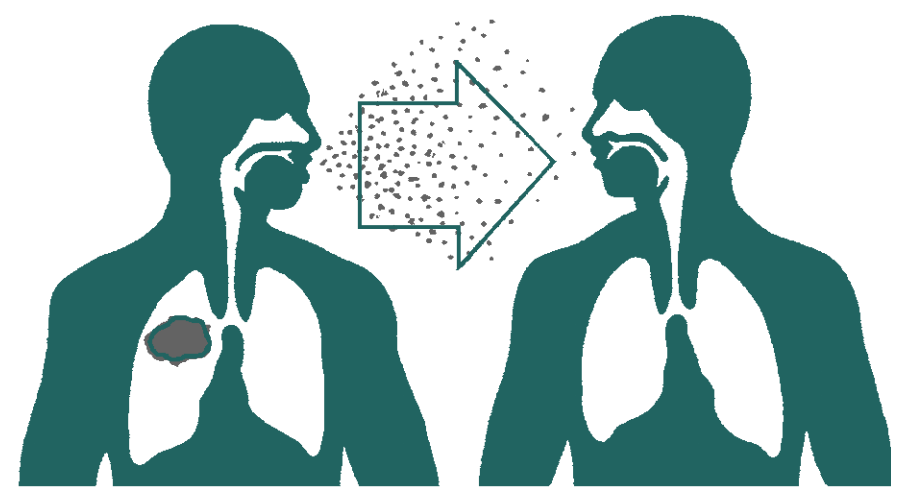
The best practice global guidelines were co-authored by Professor Keane. He has underlined the need to be vigilent about the disease, which is found across the world. TB affects one third of the global population and kills 1.5 million people every year, more than malaria and HIV.
Professor Keane said: “It is crucial that we do not become complacent about the spread of TB both globally and here at home in Ireland. These new guidelines, which took 8 years to produce, will help in detecting TB, MDR-TB and latent TB infection – which will support disease elimination.”
Dr Anne Marie McLaughlin, Consultant Respiratory Physician at St James’s Hospital, Dublin said: “In Ireland, we have 329 cases of TB per year. The complexity of these cases and the increase in the number of multi-drug resistant cases is pushing the limits of our services. TB patients often are marginalised members of society, with addiction issues. It’s a big challenge to get these persons to take the antibiotics they need, because they need to be on TB medication for 6-48 months.”
Dr Finbarr O’Connell, also a Consultant Respiratory Physician at St James’s Hospital Dublin said: “In 2004, funding for a national TB unit was promised, to be located at St. James’s Hospital. Our public health efforts to fight TB would be helped if this facility was delivered now. The appointment of a national TB controller has been sought by the Irish Thoracic Society, which would advance our care of this epidemic that has not gone away.”
The updated guidelines were published today by American Thoracic Society (ATS), Infectious Diseases Society of America (IDSA) and Centers for Disease Control and Prevention (CDC) in the journal Clinical Infectious Diseases. They recommend that doctors should use newer tests in patients at risk of latent or active TB infection. They also recommend that doctors shouldn’t overlook active TB disease as a diagnosis, even though it is less of a problem in countries such as Ireland, than in the developing world.
TB spreads through the air and can be a challenging disease to diagnose and treat. TB most often affects the lungs, but can affect other parts of the body such as the kidney, spine and brain. Those at higher risk of developing the disease include people with HIV and others with weakened immune systems including those with diabetes, smokers and others who are taking immune-suppressing medications called TNF blockers.






